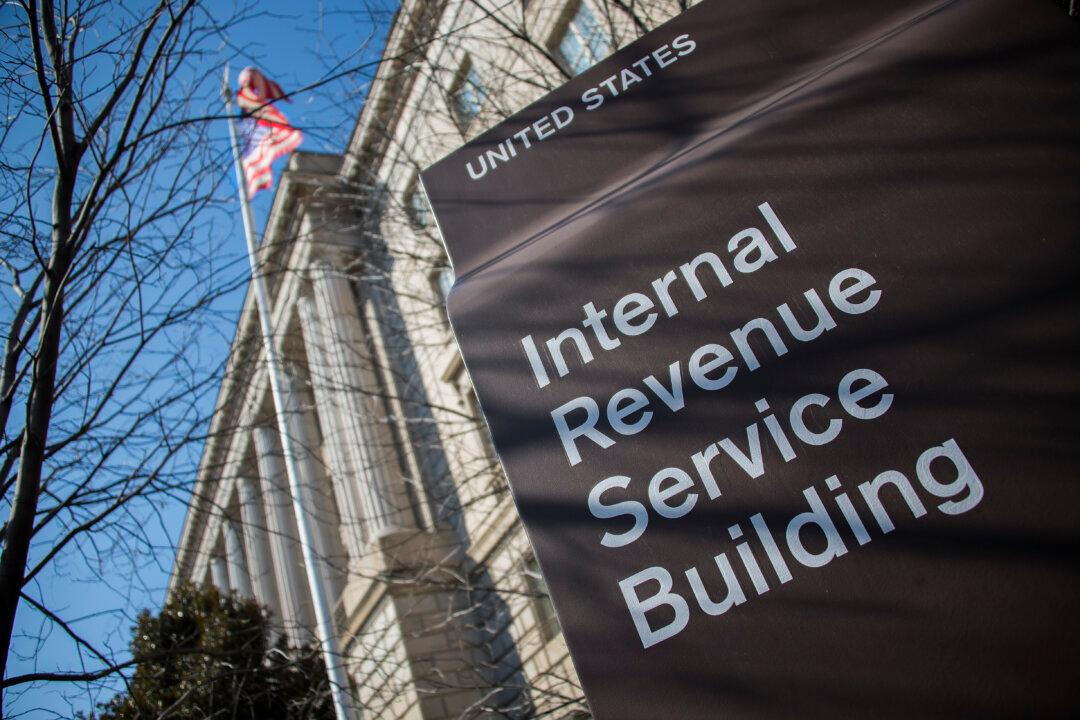The Internal Revenue Service (IRS) said federal agencies have started disbursing a third batch of stimulus checks, with a large set of payments this time around going to Social Security and other federal beneficiaries, after reports that some people in this category experienced delays.
The IRS, along with the Treasury Department and the Bureau of Fiscal Service, said in a release that the third batch will provide more than $10 billion in more than 4 million payments, including around 2 million in direct deposit and 2 million in paper checks. When all the funds in this batch have been doled out, it will bring the total disbursed so far under the most recent relief bill—the American Rescue Act—to more than 130 million payments worth around $335 billion.





